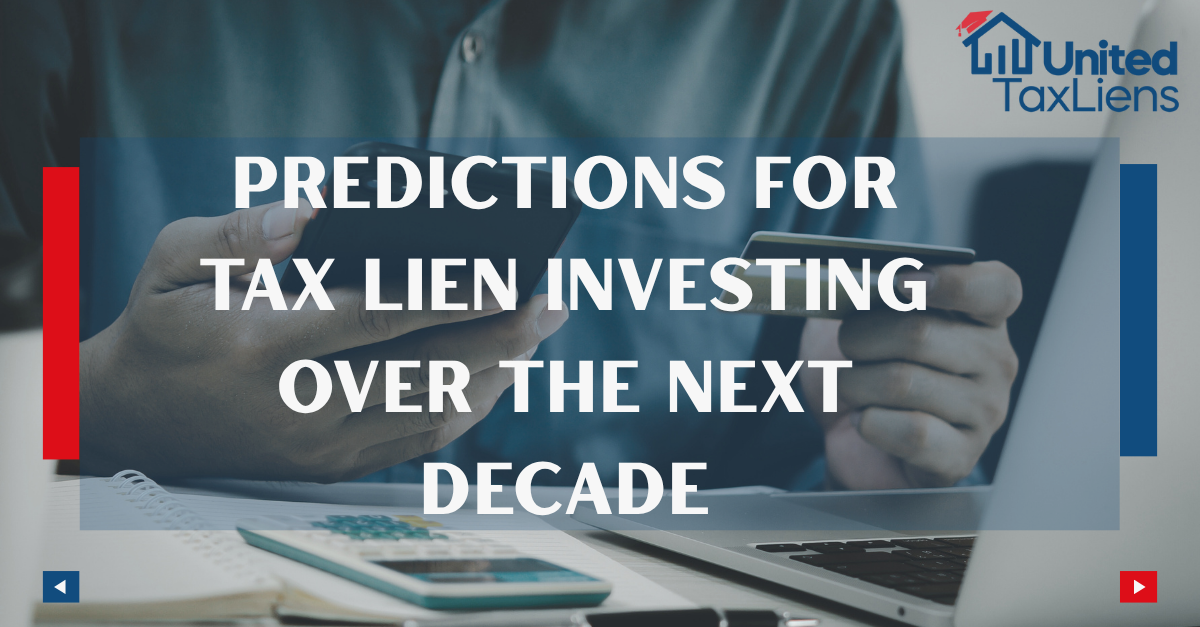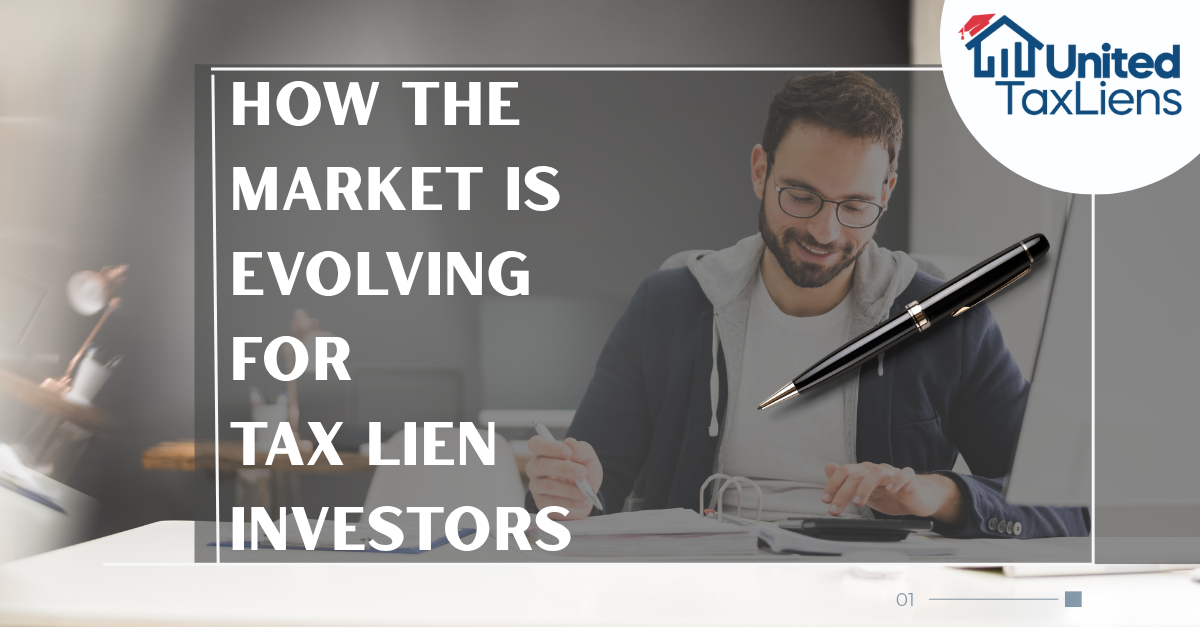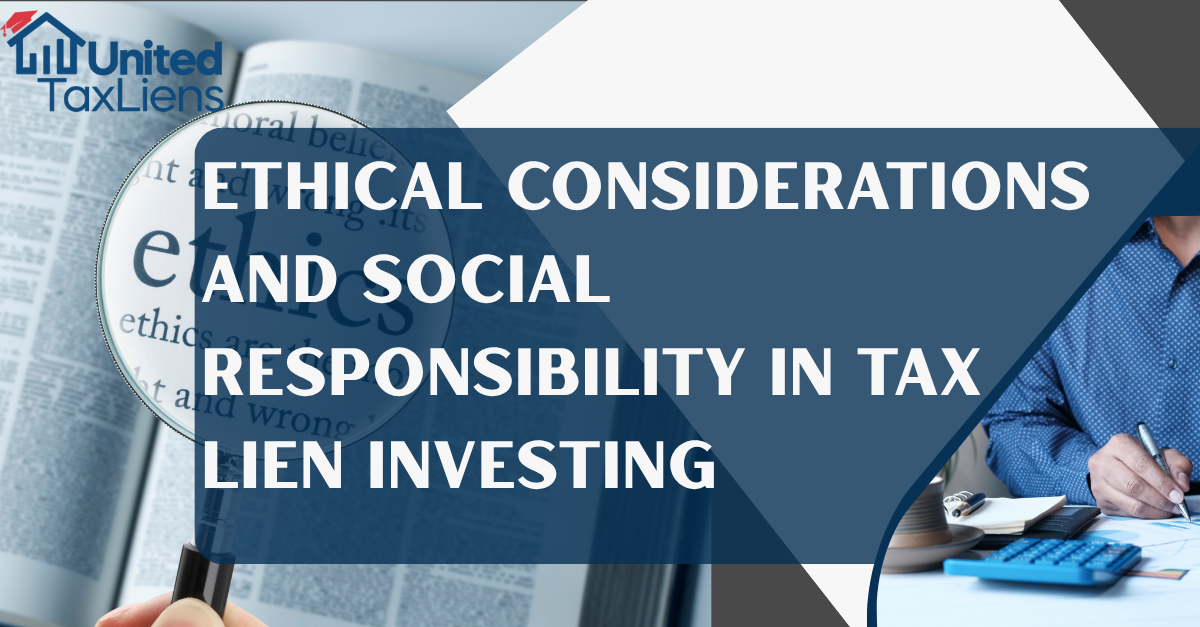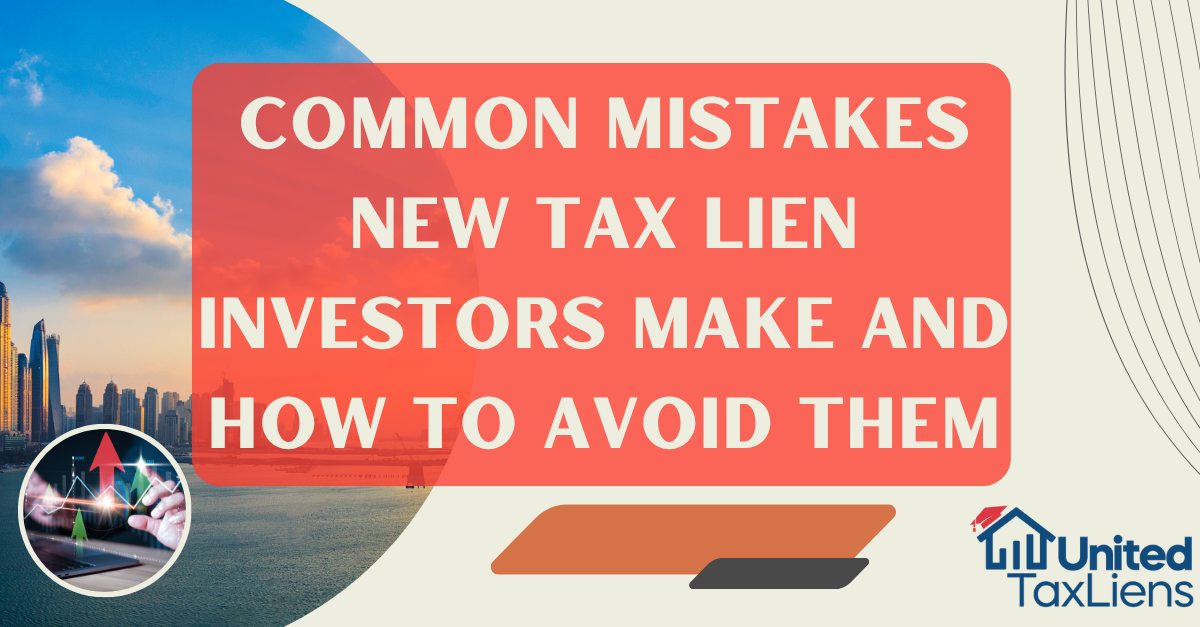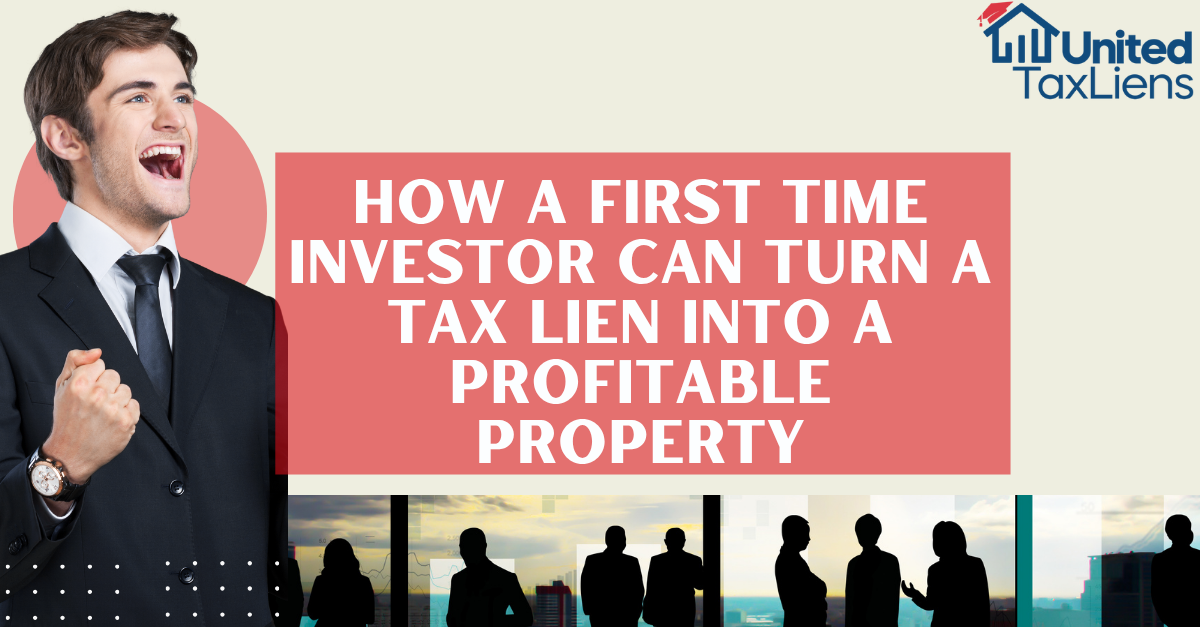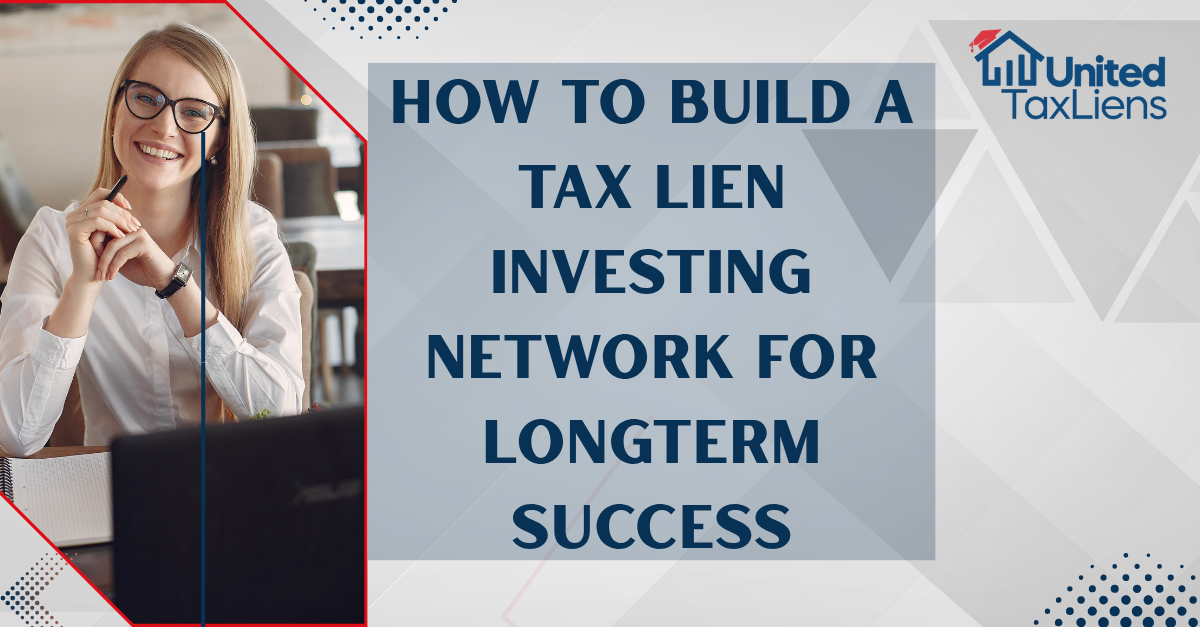
So you've been dabbling in tax lien investing for a while now, and maybe you're starting to feel like you're flying solo in a world that seems to have its own secret language. Here's the thing – the most successful tax lien investors we've encountered rarely go it alone. They've figured out something that might surprise you: building the right network can be just as important as finding the right deals.
Why Going Solo Might Be Limiting Your Potential
Let's be honest – tax lien investing can feel isolating at first. You're researching properties online, attending auctions where everyone seems to know each other, and making decisions that could significantly impact your financial future. Many investors we've spoken with describe those early days as both exciting and nerve-wracking.
Think about it this way: if you had a toolbox with just one tool, you could probably build something, but imagine what you could create with a full set of quality tools and maybe a few experienced craftspeople offering guidance along the way.
The Auction Floor: Your First Networking Goldmine
Here's where many investors miss a huge opportunity. When you attend tax lien auctions in person, you're not just there to bid – you're stepping into a room full of people who share your interests and might have years of experience under their belts.
We've heard countless stories from investors who struck up conversations during those inevitable waiting periods at auctions. Some discovered upcoming opportunities that weren't widely advertised. Others found potential partners for larger deals they couldn't handle alone. A few even learned about red flags that helped them avoid costly mistakes.
The key? Don't just show up to bid and leave. Arrive early, stay curious, and remember that the person sitting next to you might have insights that could save you thousands or help you spot opportunities you'd otherwise miss.
Beyond the Auction Room: Digital Communities and Investment Groups
Not everyone can make it to every auction, and that's where online communities can become incredibly valuable. Investment groups on platforms like LinkedIn and Facebook, along with specialized tax lien forums, have become gathering places for both newcomers and seasoned investors.
What we find interesting is how these digital spaces often provide ongoing education that you simply can't get from books or courses alone. Real investors sharing real experiences – both successes and challenges – can offer perspectives that might help you avoid common pitfalls or recognize opportunities others miss.
Just remember that while these communities can be treasure troves of information, it's always wise to verify advice and consider how it applies to your specific situation and local laws.
Building Your Professional Advisory Team
Here's something that many successful investors eventually realize: having the right professionals in your corner can make the difference between a good investment and a great one, or between a manageable situation and a legal headache.
Consider building relationships with:
Experienced Mentors: Other investors who've been where you want to go and might be willing to share their insights Real Estate Attorneys: Professionals who understand the nuances of tax lien law in your area Title Companies: Teams that can help you navigate the complexities of property research and transfers
Think of this as your advisory board – people you can consult when transactions get complex or when you're considering stepping outside your comfort zone.
The Compound Effect: How Networks Grow Your Business
What's fascinating about building a solid network is how it tends to compound over time. That conversation at an auction might lead to a partnership opportunity. That partnership might introduce you to a mentor. That mentor might connect you with deals you never would have found on your own.
Many experienced investors describe their network as one of their most valuable assets – sometimes even more valuable than their actual investment portfolio. These relationships can provide access to off-market opportunities, shared due diligence, and collaborative approaches to larger deals that might be beyond your individual capacity.
Starting Small, Thinking Long-Term
Building a meaningful network doesn't happen overnight, and it doesn't require you to become the most social person at every event. Start with what feels comfortable – maybe that's engaging in one online forum discussion per week, or introducing yourself to one new person at your next auction.
The goal isn't to collect business cards or LinkedIn connections like trophies. It's about building genuine relationships with people who share your interests and might be able to help each other succeed over time.
A Word of Caution
While networking can open doors and provide valuable insights, remember that every investment decision should ultimately be based on your own research and financial situation. What works for one investor in one market might not be appropriate for another. Always consider seeking professional advice for significant investment decisions, and be cautious of any opportunities that seem too good to be true.
The most successful investors we've observed treat their network as a source of information and potential opportunities, not as a substitute for their own due diligence and decision-making process.
Your network can become one of your greatest assets in tax lien investing, but like any asset, it requires time, attention, and smart management to reach its full potential.
This blog is for informational purposes only and should not be relied upon as financial or investment advice. Real estate investing carries risks, and individual results will vary. Always consult with your team of professionals before making investment decisions. The authors and distributors of this material are not liable for any losses or damages that may occur as a result of relying on this information.

